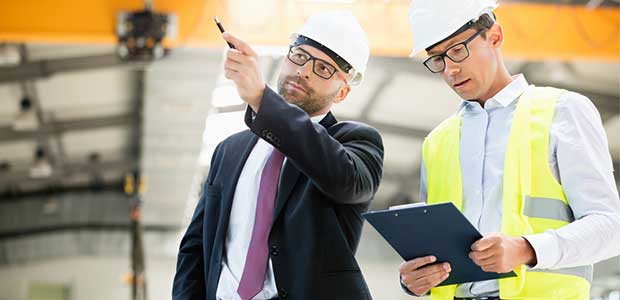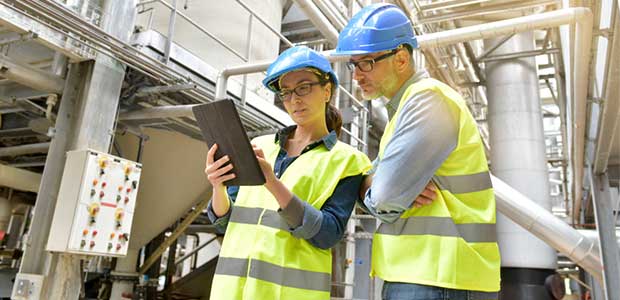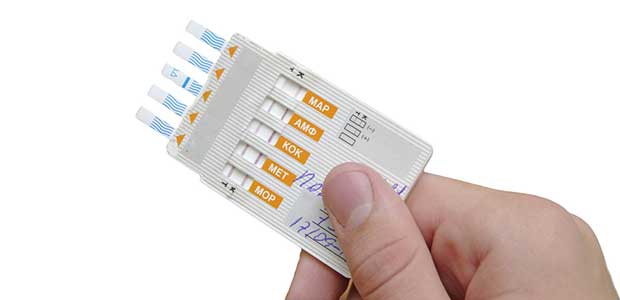
The New York Times released an article outlining the U.S. states that are partially opening, soon opening and still shut down because of the coronavirus. While some state officials are eager to reopen, others are very wary.
With the global pandemic has come many discussions on PPE: supply, effectiveness, disinfectant methods and injuries. The NPIAP released a position statement last month on how to ease N95 injuries.

A recent survey by WalletHub on social distancing and coronavirus coping examines Americans’ attitudes and behaviors during the pandemic. The results showed which states were best and worst at social distancing, and how individuals are coping in self-isolation.

PPE standards equip health and safety managers with tools to make informed choices about the right product for the job, and keeping up with them is a feat of its own.

Silica is threatening the health of many countertop workers—here’s what you can do to reduce their risk.
Here are the most frequently asked questions about controlling dangerous dusts in order to maintain a safe work environment.
The U.S. Department of Transportation announced that it will assist in distributing over one million protective masks to the nation’s commercial truck drivers.

Keeping workers healthy with vigilance and common sense.

FR garments also play a vital role in effective combustible dust hazard prevention.

Industrial hygiene is crucial for controlling chemical hazards by enacting deliberate and systematic protective measures.

Not all airborne dust particles are the same. Here are ways you can differentiate between particulate exposures and hazards for your workplace.
Why worry about reporting if you can prevent the release in the first place?

The need for sufficient and properly working emergency eyewash and shower devices in workplaces is real and pervasive.

Photoionization detectors (PIDs) are gas detection technology that can help businesses address this risk from the start, maintaining the highest level of short- and long-term safety for workers.
Fire departments respond to nearly 280 industrial incidents involving static electricity each year.

Flame-resistant (FR) clothing is a crucial element in keeping workers safe.

Need advice for revisiting drug testing policy in the era of legalization?